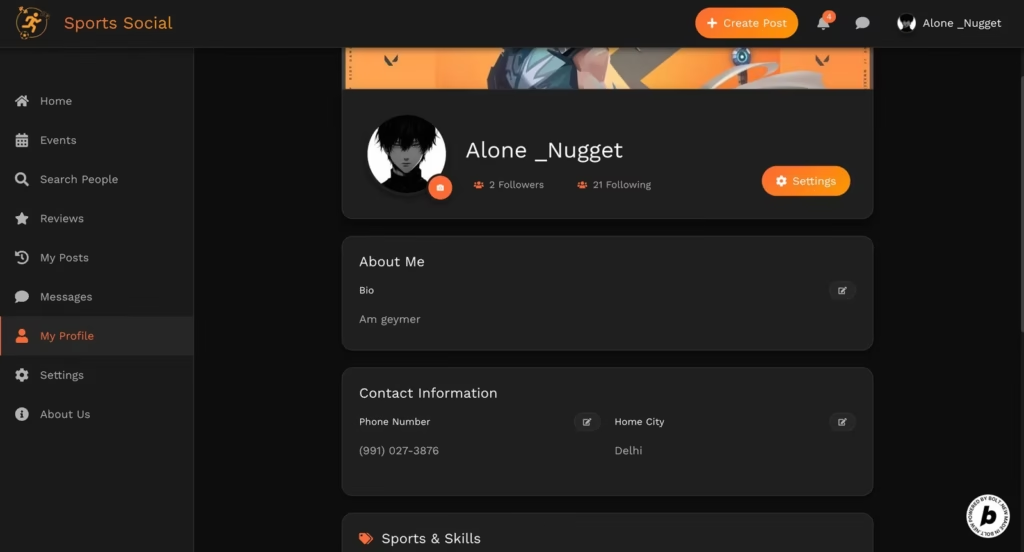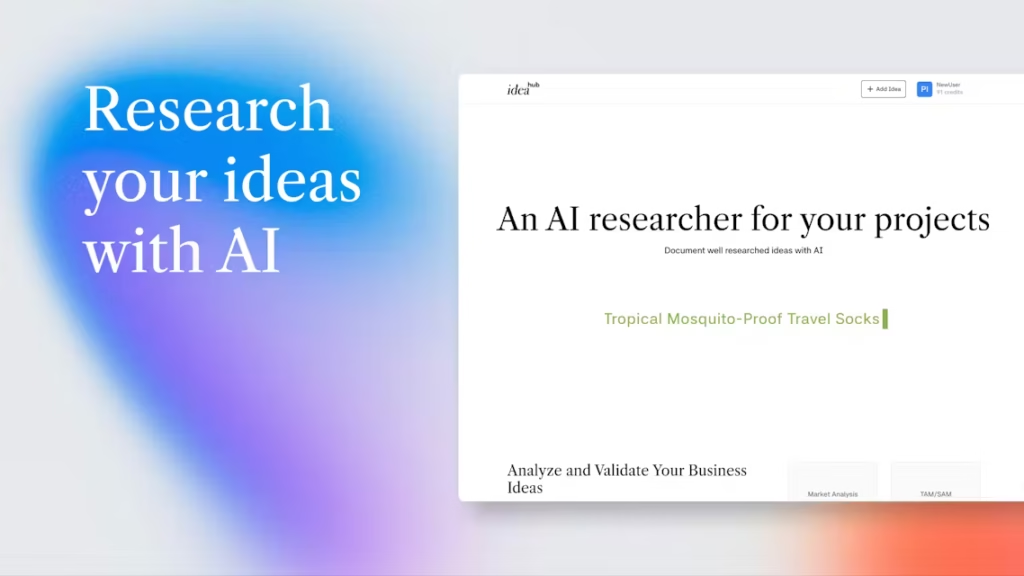# **Seed LiveInterpret 2.0 Review: Is This AI Translator Worth It?**
## **Executive Summary**
Seed LiveInterpret 2.0 claims to be an AI-powered real-time speech translation tool, but details on its performance and features are scarce. Unlike established competitors like Google Translate, there’s no verifiable data on latency, accuracy, or unique capabilities. This review examines available information to assess whether it’s a viable option for users.
—
## **Key Features Analysis**
Seed LiveInterpret 2.0’s advertised features include:
– **Real-time translation** (allegedly 2–3 seconds latency, unverified).
– **Chinese-English focus**, though no benchmarks confirm accuracy.
– **AI voice replication**, but no demos or user samples exist.
Compared to DeepL and Google Translate, it lacks transparency. No API documentation or enterprise use cases suggest limited scalability.
—
## **User Feedback Summary**
Since no verified user reviews exist, insights are drawn from competitor comparisons:
### **Pros (Potential, if Claims Hold True)**
– Possible low-latency translation (if 2–3 sec is accurate).
– AI voice replication could be a standout feature (if proven).
### **Cons (Based on Missing Data)**
– **No independent reviews** on ProductHunt, Reddit, or YouTube.
– **Unclear accuracy**, especially for Chinese-English.
– **No API or developer support**, unlike Google Cloud Translation.
—
## **Performance Analysis**
### **Speed & Latency**
– Seed LiveInterpret 2.0 claims **2–3 seconds**, but no tests confirm this.
– Google Translate averages **1–4 seconds**, making Seed’s claim plausible but unverified.
### **Accuracy**
– No side-by-side comparisons with DeepL or Google.
– Chinese-English translation quality remains speculative.
### **Usability**
– No public demos or UI walkthroughs available.
– Competitors offer mobile apps, browser extensions, and offline modes—Seed’s accessibility is unknown.
—
## **Pricing Analysis**
– **No pricing details** are available for Seed LiveInterpret 2.0.
– Competitors like DeepL offer **free tiers with paid upgrades**, while Google Translate is **free with premium API costs**.
– Without transparent pricing, assessing value is impossible.
—
## **Frequently Asked Questions (FAQs)**
### **1. Is Seed LiveInterpret 2.0 free?**
No pricing information is publicly available.
### **2. How does it compare to Google Translate?**
No verified benchmarks exist—Google Translate has proven reliability.
### **3. Does it support offline translation?**
No information suggests offline capability.
### **4. What languages does it support?**
Only Chinese-English is mentioned, but no full list is confirmed.
### **5. Is there an API for developers?**
No API documentation or integration details are available.
### **6. How accurate is the AI voice cloning?**
No samples or reviews confirm this feature’s quality.
### **7. Does it work for business meetings?**
No case studies or user reports confirm real-world use.
### **8. Can I use it on mobile?**
No app listings or mobile compatibility details exist.
### **9. Is it better than DeepL?**
DeepL excels in text translation—Seed’s speech features are unverified.
### **10. Where can I download it?**
No official website or app store listings were found.
—
## **Final Verdict**
### **Pros:**
– Potential for fast translations (if claims hold).
– AI voice replication could be innovative (if real).
### **Cons:**
– **No verifiable performance data.**
– **Lacks API, pricing, and user reviews.**
– **Unclear advantage over Google Translate or DeepL.**
### **Ideal User:**
Someone willing to test an unproven tool—but for now, sticking with established options is safer.
### **Recommendation:**
Avoid until independent reviews confirm its capabilities. For now, Google Translate and DeepL remain better choices.



